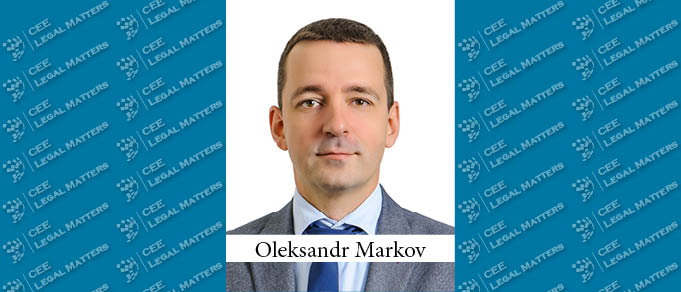This year marks the start of a new era for all Ukrainian taxpayers – both corporate and individuals. Ukraine lawmakers up to – and especially in – 2021 made unprecedented efforts to implement into local law and the network of double tax treaties major recommendations and principles which went far beyond the minimum base erosion and profit shifting (BEPS) action plan Ukraine committed to in 2017.
The following are the five major trends and expectations for 2022 and onwards.
New Tools for the Tax Office to Administer Taxes and Prevent Malpractices
As a part of anti-BEPS efforts, as well as the recent broadening of the tax base for certain industries, the Ukrainian tax office becomes more powerful.
Further to the continually increasing trend of thorough oversight of any cross-border transaction, the business purpose test is now a controversial topic, in addition to beneficial ownership arguments which taxpayers have, to some extent, become used to. Tax residence can now be assigned to businesses having their place of effective management in Ukraine. Many business groups have been reviewing their corporate structures to meet the new requirements. The controlled foreign companies’ taxation has also enlivened the stances for discussion.
Another important development is the revision of the permanent establishment definition and granting the tax service at least a possibility of examining the activities of foreign companies without the latter having a formal legal presence in Ukraine.
Transfer pricing rules have also been further developed, with a particular focus on commodities. In addition to the above-mentioned business purpose test, taxpayers can also be taxed on so-called constructive dividends – those profits distributed in a controlled transaction in excess of market levels.
Tax Rates Increase and Broadening the Tax Base
Although corporate profit tax and VAT rates have for a long time remained unchanged, the overall tax burden has tended to increase. This includes the limitation on losses carried forward, strengthening thin capitalization rules, and reducing the terms for crediting input VAT. Environmental tax, the excise tax on a few groups of goods as well as certain royalties, have been increased and further increases might be expected.
Controlled Foreign Companies’ Taxation
Following a grace period for foreign companies’ tax-free liquidation, 2022 is the first reporting year for individuals and companies exercising control over foreign entities and formations such as trusts or funds. With quite demanding conditions for exemption, a business need for a foreign company will now require additional tax or administrative costs, and new forms of international tax planning. Sufficiency of economic substance for the foreign entities that receive primarily passive income would be another argument between taxpayers and tax officials. Nevertheless, the new rules also caused the participation exemption and look-through concept to be implemented, in some cases making taxpayers’ lives easier.
Another landmark is the tax amnesty available by September this year, with a soon-to-arrive automatic exchange of information between Ukrainian and foreign fiscal authorities.
Launch of the Special Tax and Legal Framework for the IT Industry
In recent years, the Ukrainian government has counted on IT as one of the leaders in GDP and export dynamics. Of the factors for this success, many name the simplified tax regime which allowed the industry to benefit from significant tax savings, but which was criticized from time to time. To end this uncertainty and dismiss the hidden employment risks, the lawmakers offered an attractive alternative. Almost the same level of salary taxes and a possibility to pay 9% of exit capital tax (similar to the Estonian model) are definitely worth considering. As a bonus, capital gains and dividends for individuals, if distributed not more often than once every two years, are exempt from personal income tax. If it will make Ukraine a new Silicon Valley is of course an open question, but this is already a major step forward for the industry.
Foreign Suppliers Will Begin To Pay Ukrainian VAT on E-Services in 2022
Non-residents’ supplies of electronic services to Ukrainian customers (individuals who are not VAT payers) are now VAT-able in Ukraine. Reaching the threshold of UAH 1 million triggers the obligation for a foreign supplier to register as a VAT payer and to assess and pay VAT in Ukraine on e-services supplies. The e-VAT registration and reporting procedures are significantly simplified as compared with regular VAT reporting. Registration and tax return filings can be undertaken remotely. Payments would not require a bank account to be opened in Ukraine.
By Oleksandr Markov, Partner and Head of Tax and Tax Litigation, Redcliffe Partners
This article was written before the advent of the war in Ukraine and was originally published in Issue 9.2 of the CEE Legal Matters Magazine on March 1, 2022. More current articles on developments in Ukraine can be found in our #StandWithUkraine section. If you would like to receive a hard copy of the magazine, you can subscribe here.
















